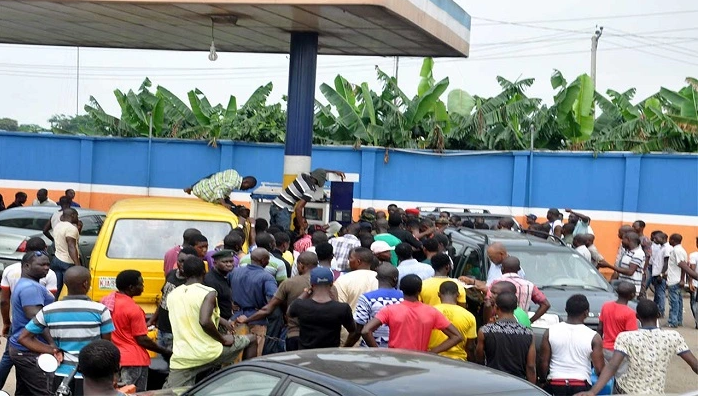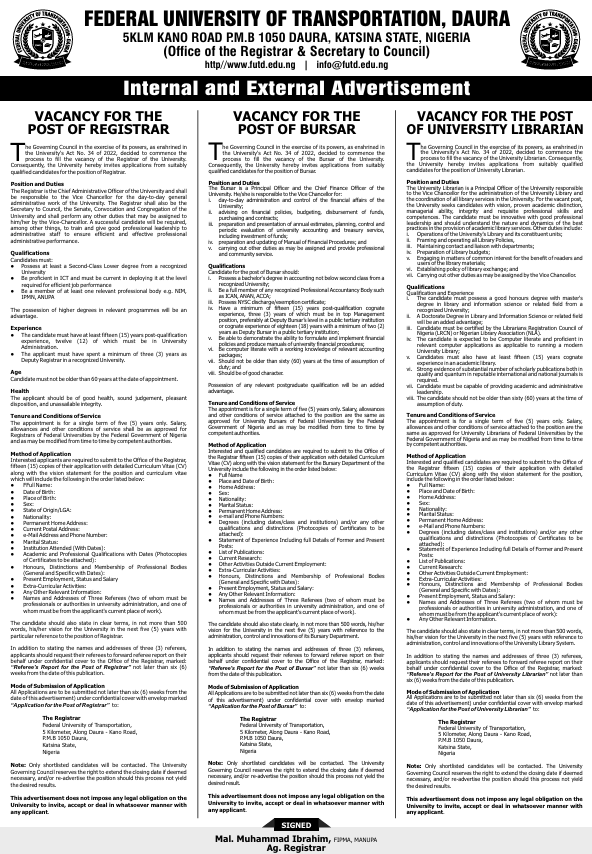For about six months now, Nigeria has been experiencing epileptic supply of petroleum products, especially Premium Motor Spirit (PMS), popularly known as petrol.
The ugly development came to the fore sometime in October last year, when motorists in Abuja began to face challenges of procuring the product.
Stakeholders were quick to blame the scarcity on the flood that ravaged part of Kogi state, which is the main route used by trucks to deliver the products to Abuja.
Nigerian Midstream and Downstream Petroleum Regulatory Authority (NMDPRA), had stated that “the fuel queues are caused by unprecedented flooding in Lokoja, Kogi State, which has submerged a greater part of the city and grounded all vehicular movements. This unfortunately has affected the distribution of petroleum products to the Federal Capital Territory, Abuja and environs.”
But long after the flood, the situation did not get any better, as the precarious state of fuel supply only deteriorated, resulting in arbitrary increase in pump prices in different parts of the country.
Since the scarcity persisted even during the festive period of December, travelers were forced to pay through their nose because of the hike in transportation fare. Even at that, the situation has not changed as we go deep into the first quarter of 2023.
However, in what looks like confirmation of the belief in many quarters that the current fuel crisis may not abate until a full deregulation of the petroleum downstream sector, reliable sources claim that the Nigerian National Petroleum Company Limited (NNPCL) does not have sufficient funds to import the required quantity of fuel for domestic consumption and the situation is compounded by the falling value of the Naira as the company had to source for scarce forex to buy petrol from abroad and pay ship owners, who convey it to the country.
And in response to allegations of sharp practices by some stakeholders in the supply chain, the federal government recently set up a committee to ensure that normalcy is restored.
Nonetheless, Nigerians are yet to see any significant change, hence, as it stands now, we advise government to intensify efforts to ensure that it ameliorates the sufferings experienced daily by Nigerians.
Since the federal government has already resolved to stop petrol subsidy by the second quarter of the year, it also has a corresponding responsibility to ensure a hitch-free transition phase. The suffering is too much!













